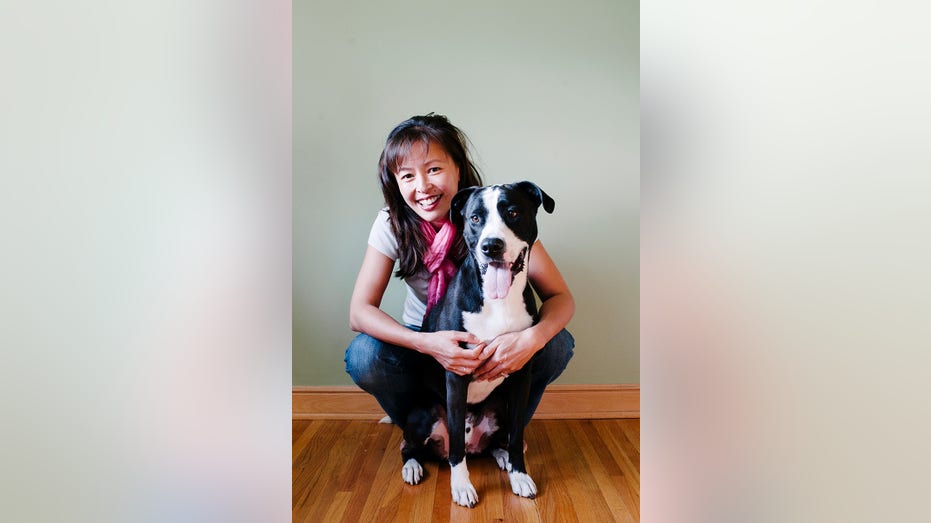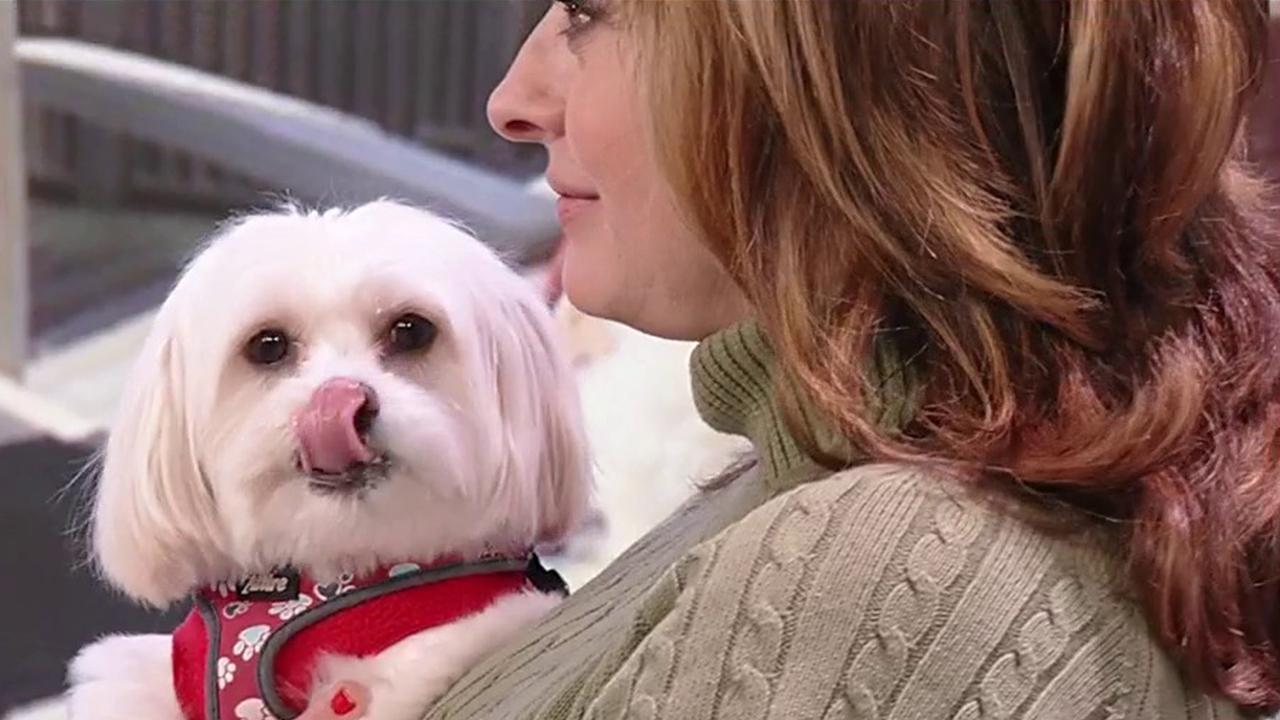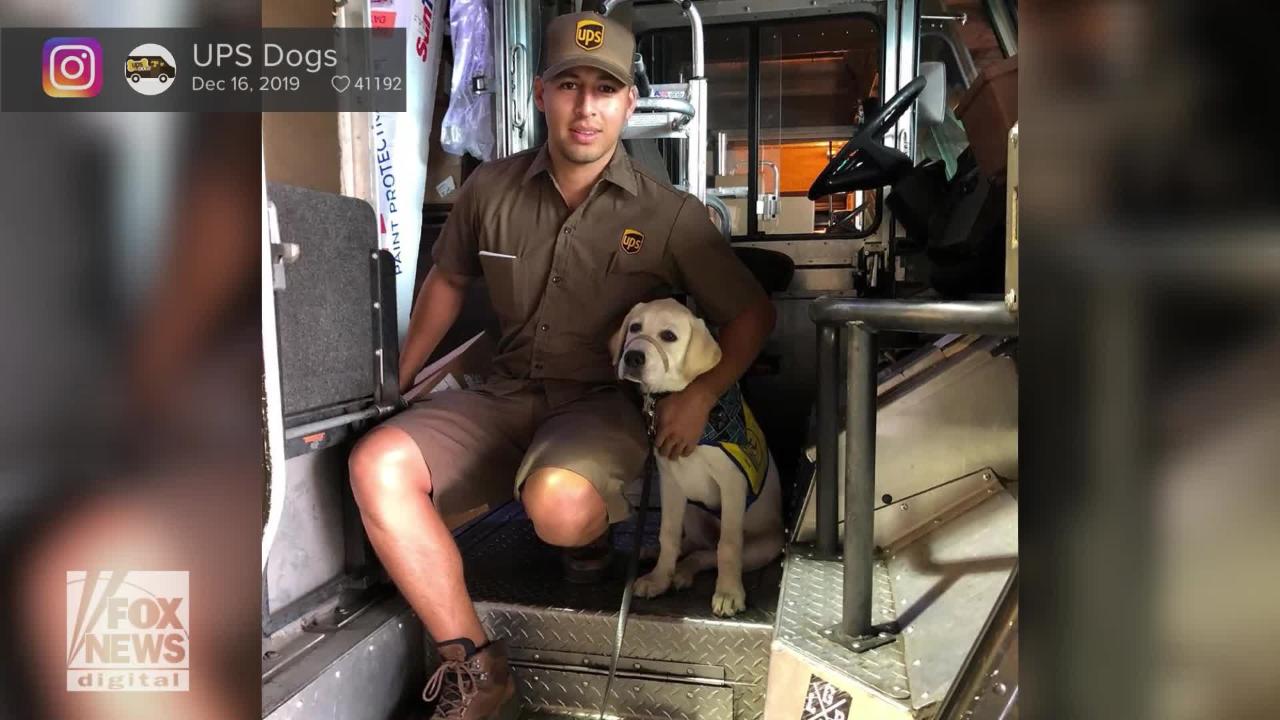Why July 4th is the most dangerous day of the year for dogs
As an emergency veterinarian, I’ll admit it, I hate the entire week leading up to July 4
July 4th is America’s most significant holiday, but it’s also the most dangerous day of the year for pets.
As an emergency veterinarian, I’ll admit, I hate the entire week leading up to Independence Day. Not only do the fireworks severely frighten all animals (including wildlife, pets, birds, etc.), but the holiday results in a national influx of injured or lost pets.
CORONAVIRUS SECOND WAVE: IS THE US EXPERIENCING IT NOW?
According to PetAmberAlert.com, shelters across the country take in 30 to 60 percent more animals than usual between July 4-6th. Furthermore, The National Council on Pet Population Study and Policy found that fewer than 2 percent of cats and 15-20 percent of dogs are ever returned to their families once they’ve entered a shelter. That’s a lot of frantic pet parents who are trying to find their furry family members.
Combine all of this with the 700 percent increase in pet adoptions and fosters in the wake of COVID-19, and I anticipate we will see even more terrorized pets this year.
While I applaud the clearing of animal shelters thanks to the spike in adoptions, I fear that most newly adopted/fostered pets have not gone through puppy training or haven’t been able to get microchipped yet since many veterinarians have had to limit non-essential services during the quarantine. Microchipping can dramatically help reunite pets, yet only 3-4 percent of dogs and less than 1 percent of cats in the U.S. are microchipped.
FIREWORK SALES UP 115% SINCE LAST SUMMER: PHANTOM FIREWORKS CEO
This week especially, there’s a huge increase in people setting off fireworks out of boredom from quarantine.
In New York City alone, Macy’s is setting off 5 nights of fireworks. While these are a welcome distraction from life in quarantine, this makes for 5 days of fear and anxiety for pets and those who love them.

Dr. Justine Lee with her dog Milo.
So, why is the country’s favorite celebration so dangerous? Fireworks alone pose 3 main risks: accidental firework poisoning (when ingested), thermal burns (from direct contact with a lit firework), and noise phobia or anxiety (from exploding).
Dogs and cats are petrified by the noise from fireworks, and often will bolt out the door trying to escape.
I’ve seen dogs that have jumped through glass windows or doors (requiring major blood transfusions or surgery) or out of the 3rd floor of an apartment complex, in response to the sudden sound of explosions.
GROUPON OFFERED FIREWORKS DEAL AS CORONAVIRUS FORCED INDEPENDENCE DAY CANCELLATIONS
I’ve also treated too many dogs who have wriggled out of collars and ran into traffic or those who have gotten serious burns from running into lit explosives or trying to carry them in their mouth.
So, what are the best ways to keep pets safe this week?
First and foremost, do not bring pets to any July 4th celebrations, firework events, barbeques, or picnics. It stresses dogs out when they would rather be home. The loud boom and stimulation from the lights are too much for their senses.
Second, keep pets inside where they can’t escape and create a safe space for them. Pick the least noisy room in the house (or even the basement) and keep the space dim, and close all windows and doors to minimize distractions.
Create familiar background noise by turning on the air condition, ceiling fan, or white noise machine. I also play soothing classical music, calming talk radio, or even dog or cat TV to help drown out any outside sounds.
If your dog is used to a crate, partially cover the crate with a blanket to help muffle noises (provided you have adequate ventilation) while providing your dog with his or her favorite treat.
It’s also important to give dogs plenty of exercise before the pyrotechnic displays begin. This allows them to blow off steam and ensures they’ve exhausted their energy so they are less likely to get anxious and react to sudden, loud noises.
If all else fails and a dog still shows signs of noise phobia, it’s OK to turn to drugs or holistic supplements like pheromones, prescription antidepressants, or anti-anxiety medications.
When in doubt, talk to your veterinarian about this early! Vet-recommended medications are very safe for pets and can play an instrumental role in keeping a dog calm during anxiety-inducing situations.
If pooches are present at a July 4th celebration, one final faux ‘paw’ pet parents must be aware of is the potential for accidental poisoning as a result of common picnic foods, garbage and debris.
Picnic BBQ foods like corn-on-the-cob and kabobs are enticing to dogs, but can severely damage and obstruct their intestines, resulting in an emergency surgery that may cost thousands of dollars!
Common picnic foods like grapes, raisins, chocolate, or xylitol-containing desserts can poison pups. When in doubt, keep dogs away from July 4th gatherings, as non-pet owning friends may not be aware of the various dangers.
Also, make sure all garbage bags are secured and debris picked up throughout the evening so fur babies are less likely to find trouble. Since fireworks contain hazardous chemicals including coloring agents, dangerous heavy metals, sulfur, and oxidizing agents such as potassium nitrate, they are poisonous to eat.
GET FOX BUSINESS ON THE GO BY CLICKING HERE
Many also contain dense cardboard, which can result in foreign body obstruction and gastrointestinal upset if ingested. It’s always a good idea to have the phone number of a veterinarian, emergency veterinarian, and the ASPCA Animal Poison Control Center on-hand in the case of an emergency.
Even when pet parents are extremely vigilant about hazards, as the holiday nears, unanticipated accidents still happen. Like clockwork, I see a spike in emergency cases in the days surrounding July 4th -- everything ranging from hit-by-car dogs who ran away from home to picnic poisonings to heatstroke.
Just last week, I had a poor Labrador retriever who had to endure 2 emergency surgeries, adding up to $10,000, as a result of a corn cob getting lodged in its intestines.
That’s why I’m such a supporter of pet insurance to make sure owners are always prepared for emergencies. Insurance is the best way to advocate for furry family members and I recommend thoroughly researching the options, as many top insurers don’t cover the same conditions, emergencies, and medications.
Full disclosure, I’m a spokesperson for Pumpkin Pet Insurance, but ultimately any form of insurance is better than nothing in order to provide the best care for your pets.
While I love the summer, please know that the July 4th holiday poses a lot of potential dangers, stress, and anxiety to four-legged friends. It’s up to pet parents to do everything in their power to keep them safe, happy, and stress-free.
Justine Lee, DVM, DACVECC, DABT is a double board-certified emergency critical care specialist and toxicologist who is passionate about all things animal and veterinary medicine. She’s a veterinary spokesperson for Pumpkin Pet Insurance as well as the host of two popular podcasts, ER VET and VETgirl. Dr. Lee is a world-renowned veterinary speaker, scientist, blogger and author. She’s the co-host analyst on Nat Geo Wild’s "Animal ER LIVE."





















